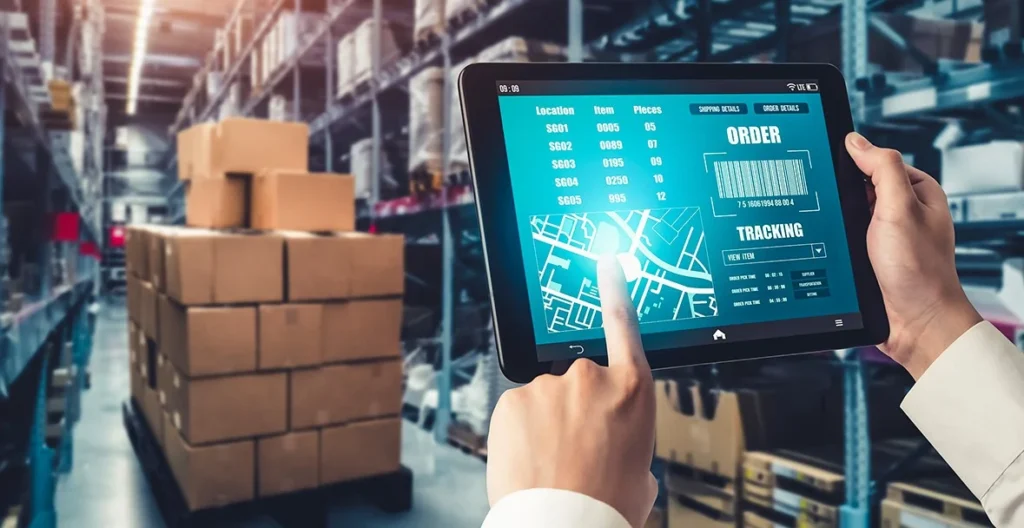Bartenders Duties: The Heart and Soul of Every Great Bar Experience
Any decent bar’s bartenders are its lifeblood. They create experiences in addition to serving drinks. For a bartender, the key to success is striking a balance between flare, personality, and competence, whether creating the ideal beverage or engaging with patrons. Bartenders ensure everyone is comfortable and having a good time by shaking, stirring, or just listening.
In addition to serving drinks, bartenders manage orders, supply the bar, and somehow remember which customer ordered a mojito or a gin and tonic while maintaining a calm, welcoming atmosphere. Every shift is different and fast-paced, so their ability to multitask and maintain composure is essential to fostering a lively and enjoyable environment.
Bartender’s Duties: The Art of Mixing and Merging
1. Crafting Signature Cocktails
Crafting distinctive cocktails that entice the senses and excite the taste buds is one of a bartender’s main responsibilities. A profound comprehension of flavors, textures, and presentation is necessary for this. In order to produce distinctive drinks, bartenders frequently experiment with different ingredients, infusing spirits with fruits, herbs, and spices. Every drink that the bartender creates, whether it’s a traditional Old Fashioned or a creative take on a mojito, demonstrates their inventiveness.
Mixing cocktails requires precision. Bartenders must measure ingredients precisely to get the ideal ratio of bitterness to sweetness. Another important factor is the art of garnishing; a well-placed lemon twist or a mint sprig may turn an ordinary cocktail into something truly remarkable. Every cocktail is a well-prepared experience that should be appreciated rather than just a drink.
Furthermore, it is imperative for every bartender to stay current with mixology trends. Bartenders are constantly challenged to broaden their skill set by the emergence of new cocktail types and seasonal ingredients. They can serve a wide range of clients with different tastes because they stay up to date on new techniques and attend courses to keep their skills sharp.

2. Mastering Customer Service
Extraordinary customer service is a fundamental responsibility of a bartender, even beyond the drinks. The ability to interact with customers and create a welcoming environment where visitors feel appreciated and understood is a must for this position. A warm welcome and a smile can set the stage for an unforgettable encounter. Since they are frequently the first people customers see in a bar, bartenders need to have excellent people skills.
Speaking is not as vital as listening. Excellent bartenders are perceptive to the requirements of their patrons, interpreting nonverbal clues to determine whether a customer wants to converse or just relax with a drink. They are also able to read the audience, changing their approach and manner in response to the crowd’s energy. This flexibility contributes to making each visitor’s stay unique and certain to make them smile.
Additionally, as customers frequently share their tales and thoughts with bartenders while sipping cocktails, bartenders are frequently trusted with delicate conversations. It is imperative that these situations be handled discreetly and with sensitivity. Developing a relationship with regulars may make a quick stop at the bar into a beloved tradition, creating a sense of community that draws customers in.
3. Managing Inventory and Supplies
Beyond only tending to the bar, a bartender’s responsibilities include inventory and supply management, which is a vital part of their work. Monitoring stock levels guarantees that the bar is always ready to satisfy patron requests. To prevent running out during busy hours, this entails routinely checking the alcohol, mixers, garnishes, and glassware. Effective inventory control improves client satisfaction and keeps things running smoothly.
Another important duty that demands attention to detail is placing supply orders. In order to get the greatest goods at reasonable costs, bartenders need to cultivate ties with suppliers. To ensure that only the best ingredients reach the bar, they must be informed about various brands and their levels of quality. Because they teach bartenders to anticipate customer demand based on historical data and patterns, efficient ordering procedures also reduce waste.
Keeping things tidy and well organized is also important for managing supplies. In addition to streamlining service, a neatly organized bar area promotes a secure workplace. Regular equipment cleaning and maintenance keeps everything operating as intended, freeing bartenders to concentrate on their work and deliver excellent service without having to deal with unneeded disruptions.

4. Handling Cash and Payments
A bartender’s correct handling of cash and payment processing is another essential responsibility. In addition to mathematical abilities, ethics and meticulousness are also necessary for this task. Bartenders have to handle tips, execute transactions, and compute bills fast in order to make sure that every cent is paid at the end of their shift. Errors in managing currency might result in disparities that impact not just the bartender but also the establishment’s earnings.
Efficiency requires familiarity with the payment methods used in bars. Point-of-sale (POS) systems are used by many bartenders, and their smooth operation depends on swift navigation. Customers’ wait times can be greatly decreased by becoming proficient with these systems. improving their entire encounter. Bartenders also need to be on the lookout for any fraudulent conduct to protect the establishment and themselves.
Last but not least, one of a bartender’s responsibilities when handling cash is handling tips. Friendly interactions with patrons frequently result in larger tips, so bartenders need to handle this dynamic skillfully. A successful bartending profession depends on precise tip tracking, which is also necessary for income reporting for tax purposes.
5. Ensuring Safety and Compliance
Bartenders have two primary duties: safety and compliance. These include making sure that customers are safe and following the law. In order to avoid serving underage alcohol or overserving guests who are inebriated, bartenders need to be well-versed in the local regulations governing alcohol service. This information not only safeguards the business but also encourages a responsible drinking culture at the bar.
Part of this responsibility is keeping an eye out for indicators of intoxication in the visitors. Bartenders must be alert, utilizing their knowledge and intuition to spot when a customer might want a non-alcoholic drink or a break. By being proactive, we can help avert potentially hazardous situations and make sure that everyone has a fun and safe night out.
Bartenders are in charge of keeping the area tidy and secure in addition to monitoring alcohol consumption. This includes clearing up spills right away, taking out shattered glass, and making sure there are no dangers in the bar area. Bartenders that put safety first create a welcoming environment where customers feel taken care of and at ease, which improves their overall experience in the business.







